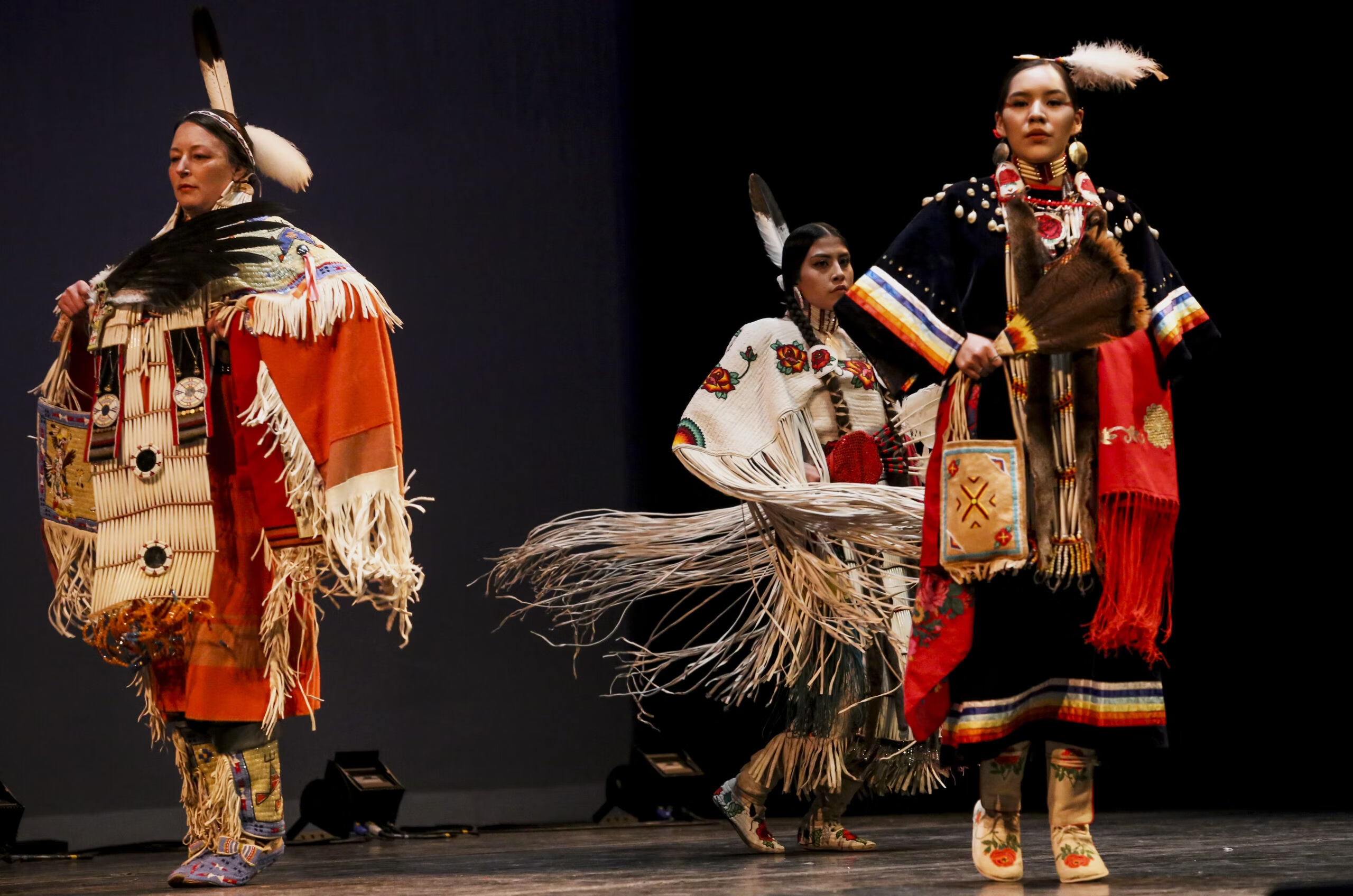Wyoming became the first state in the nation on Monday to give federal emergency rental assistance funding to a Native American tribe, the Wyoming Department of Family Services announced.
The state’s emergency rental assistance program reallocated $1 million in federal funds to the Northern Arapaho Tribal Housing Program.
The U.S. Department of Treasury provided funding directly to states, U.S. territories, local governments and, just recently, Indian tribes. Recent Treasury guidelines have allowed programs to reallocate emergency rental assistance funding to authorized entities, which are the state of Wyoming, the Eastern Shoshone and the Northern Arapaho tribes in Wyoming.
“Thanks to the leadership of the Governor’s Office, we have been able to reallocate funding to the Northern Arapaho Tribe to help households in their community,” Department of Family Services Director Korin Schmidt said. “Kudos must also be given to the Northern Arapaho Tribe, which funded non-tribal member households facing eviction before Wyoming’s state program launched last year. We all want to make it possible for eligible families and individuals to get the help that they need to keep a roof over their heads.”
The program assists households that are unable to pay rent and utilities due to the pandemic.
According the National Low Income Housing Coalition, Native Americans in tribal areas have some of the worst housing conditions in the United States. They face high poverty rates and low incomes, overcrowding, lack of plumbing and heat, and unique development issues.
The National Congress of American Indians said that 40% of on-reservation housing is considered substandard and nearly one-third of homes on reservations are overcrowded. Less than half of the homes on reservations are connected to public sewer systems, and 16% lack indoor plumbing.
The organization reported that up to 50% of Native homes are without phone service and 23% of Native households pay 30% or more of household income for housing.





